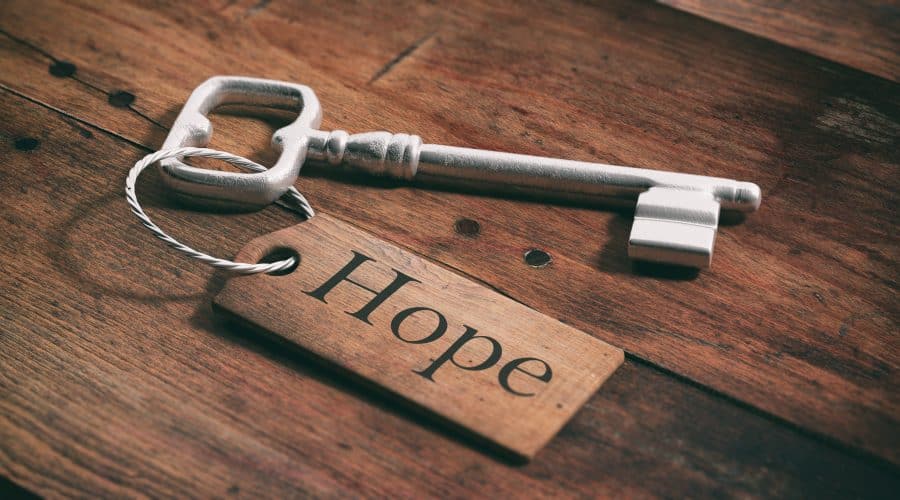
PURVEYORS OF HOPE

When was “hope” introduced into your vocabulary? If you’re like me, it was when you were a young kid.
When I wanted something, but mom knew it wasn’t going to happen, she might say “we can hope.”
We could “hope” someone could get well. We could “hope” someone would win. We could “hope” someone might come for a visit or go out for dinner. There was always something to hope for.
I was raised to associate hope with wishful thinking.
I was also raised to use hope when things I wanted weren’t likely to happen.
But, through the years, I’ve learned that “hope” is a big, strong action verb. I’ve listened to several podcasts that emphasized it.
One was about training impoverished people in an impoverished country. They studied training done by missionaries, as well as training done by non-religious sorts. The training from missionaries included ideas about better economics, better health, and values. The non-religious training was the same but excluded values.
The religious training was more effective. A key difference was that those who received the values training were judged to be more “hopeful.” They believed they could improve their lives and worked harder and longer as a result.
Another had to do with kids who came from neighborhoods with poor academic achievement. The students were taught the education fundamentals with rigorous discipline. Along with the discipline, a mindset of achievement was provided by teachers and school leaders. The students were taught that they had the ability to achieve. An expectation of achievement was created.
The students developed confidence as they became more competent. This confidence made them more hopeful than they expected to achieve.
Nelson Mandela recognized the importance of South Africa’s Ambassador James Joseph’s concept of “spiritual intelligence” in instituting change. He said it was his “spiritual intelligence that made him a purveyor of hope.” I loved that statement.
As a purveyor of hope, I foster positivity. I must model a good attitude. Encourage, exhort, lift others.
As a purveyor of hope, I don’t quit easily. I am resilient when confronted with difficult times. I get up and go again. I implore others to get up as well.
As a purveyor of hope, I believe in the power of continuous improvement. I strive to get better each day. I implore my teammates to do so as well.
As a purveyor of hope, I believe in the potential of humans. Our capacity to learn, to love, and to grow makes us unique. We invest in those capacities.
Hope is not passive and wishful. Hope is a certainty that there is a good future ahead and we set about achieving it.
